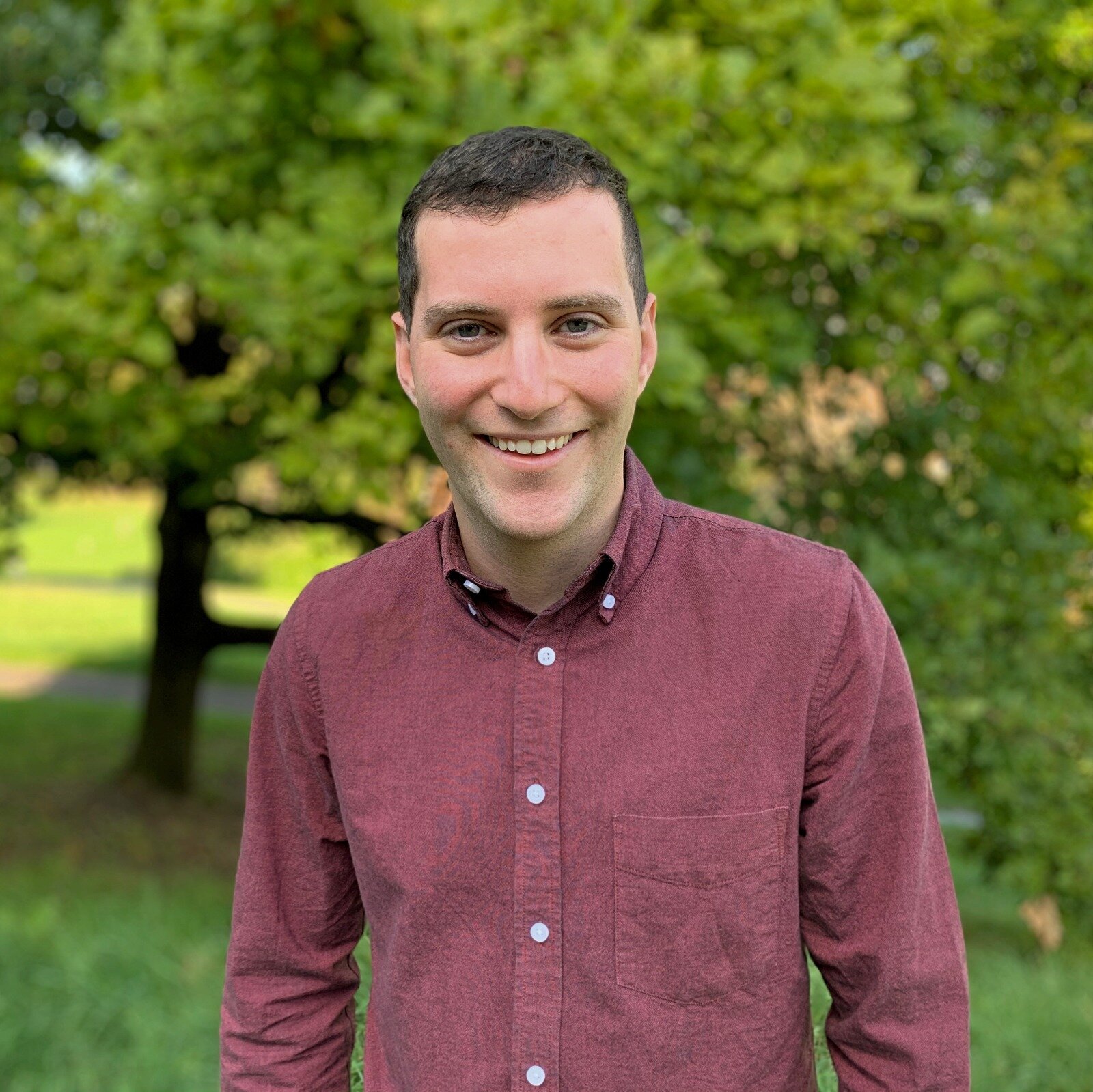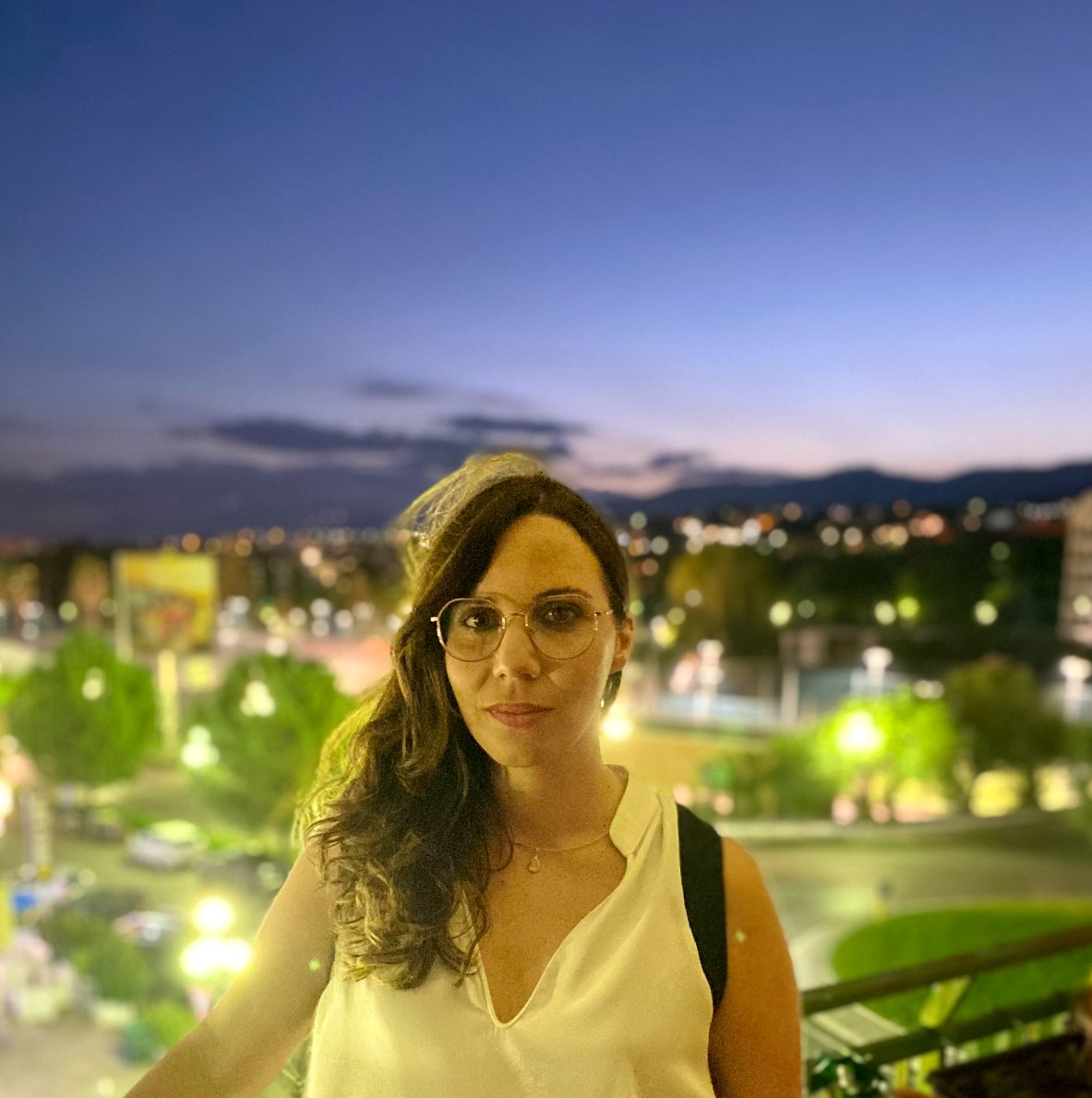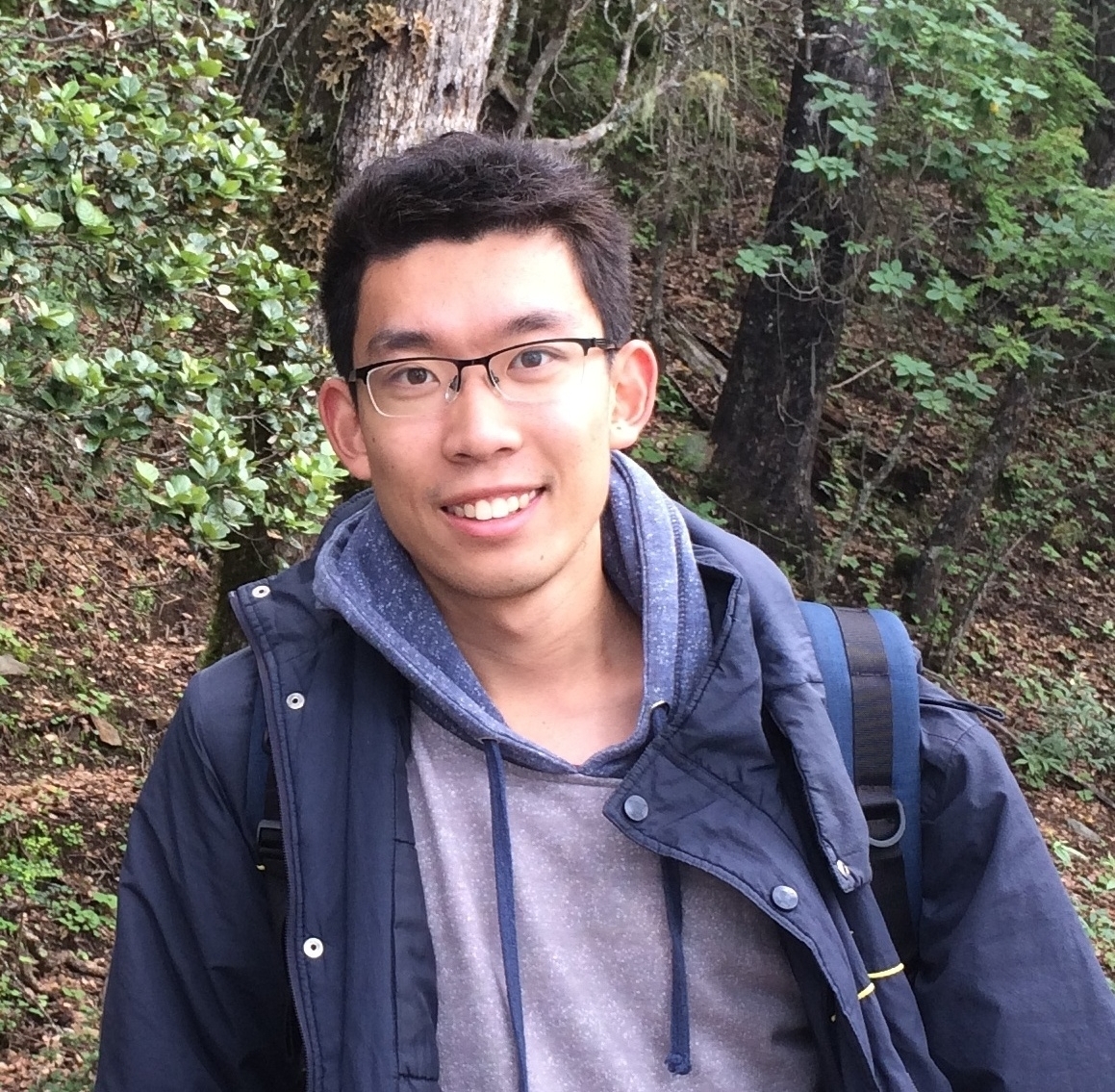People
Faculty
Postdocs
Moala is interested in using analytical chemistry to identify how PCB concentrations near the Neponset River, a Superfund site, are transporting to the atmosphere. Moreover, she wishes to use modeling to see if PCB fluxes surrounding the Neponset and similar sites are significant to global transport of PCBs. Moala joins the Selin group as part of the second cohort of the MIT School of Engineering Postdoctoral Fellowship Program for Engineering Excellence. Moala graduated from the University of Iowa with a M.Sc. and PhD in Civil and Environmental Engineering, where she characterized polychlorinated biphenyl surface emissions and room air concentrations in schools. She has a B.Sc. in Natural Resources from Delaware State University. In her leisure time she likes to watch reality tv, lift weights, and spend time with her family.
Shahine is interested in developing simple and interpretable statistical machine learning methodologies to address computational challenges raised by climate models and speed up the exploration of possible future climates. At MIT, he joined the ‘Bringing Computation to the Climate Challenge’ flagship project to work on the development of simplified climate models called "climate emulators" that can be used to rapidly explore climate scenarios. He received his PhD from the University of Oxford, where he worked on probabilistic machine learning for climate science, focusing on kernel-based learners. He holds an MSc in Machine Learning from École Normale Supérieure Paris-Saclay and an MEng in Applied Mathematics from CentraleSupélec. He enjoys photography, cooking, and design. For more details see his webpage.
Paolo develops and runs numerical models to understand how the atmosphere works across different scales, from global-scale dynamics to local aspects of weather, climate and air quality. He received his PhD at the University of Notre Dame, where he studied boundary layer turbulence to couple Numerical Weather Prediction models and Large Eddy Simulations. He has worked in different research institutions and contributed to the development of atmospheric models to support policy decisions and provide solutions for current environmental challenges, including air quality, wind energy deployment and climate change. At MIT, he joined the ‘Bringing computation to the climate challenge’ flagship project with the goal of contributing to the development of a digital twin of the Earth and making climate predictions more practical for communities and stakeholders. Outside the lab, Paolo is an enthusiastic soccer player and enjoys playing guitar.
Zehui employs advanced numerical models, integrating emissions estimates, geographical information, and multi-source observational data to understand and explore air pollution and biosphere-atmosphere interactions. At MIT, she plans to quantitatively assess the impact of forestry management and land competition on climate change and air quality. She graduated from Peking University with a Ph.D. in Atmospheric Physics and Environment, studying the impacts of nitrogen emissions and land use changes on regional air quality. She has visited the International Institute for Applied Systems Analysis (IIASA) as a guest research assistant at the Pollution Management Research Group. Outside of work, Zehui enjoys hip-hop dancing, hiking, running, and painting.
Björn uses machine learning (ML) to tackle climate change, little-by-little. In particular, he is concerned about the computational complexity of climate models. As a solution, he is developing hybrid ML-physics models as fast approximations, or 'emulators', of climate models. He has experience working in ML and climate at IBM, John Deere, and NASA FDL. He has earned his PhD with Dava Newman at MIT in ML for Earth System Modeling, his M.Sc. with Jon How from MIT in robust deep reinforcement learning and his B.Sc. from Technical University of Munich in engineering science. He also windsurfs poorly, switches hobbies every year, and likes learning new languages. For more details see his webpage.
Anthony is interested in investigating how the terrestrial biosphere, nitrogen cycle and climate interact with air quality, and by extension their implications on public policy and resource management. At MIT, he focuses on evaluating the environmental impacts of potential increasing alternative fuel usage in the global shipping industry. He graduated from Boston University with a Ph.D. in Earth and Environment, studying ozone deposition, and how land system changes can affect air quality. He also holds a B.Sc. in Physics from Chinese University of Hong Kong, where he was a research assistant working on atmosphere-biosphere interactions. Outside of work, he enjoys studying history and culture, travelling, and every mountain sports.
Graduate Students
Emmie is interested in the fundamental processes that drive air quality and in developing better tools to assess the human health impacts from air pollution and climate change. Before coming to MIT, she worked at Washington University in St. Louis on the laboratory operations for the Surface Particulate Matter Network (SPARTAN) and conducted research at the Carnegie Institution for Science on modeling aerosol-induced changes to monsoon climates. Emmie earned her Sc.B. in Geology-Chemistry from Brown University where her bachelor’s thesis focused on the use of stable isotopes to identify sources of ammonium in urban precipitation. Outside of work, she loves going outdoors and in water, learning languages, trying new food trucks, and being an avid pedestrian.
Yuang is interested in understanding and solving issues in climate change, air quality and energy systems with mathematical and modeling approaches. At MIT, he is working toward efficient and rigorous climate and air pollution predictions, also setting ground for relevant policy analysis. Before joining MIT, Yuang earned his bachelor's degree in environmental science at Peking University. Yuang loves badminton and traveling in his free time.
Lexia’s research interests involve the atmospheric transport of pollutants such as polycyclic aromatic hydrocarbons (PAHs), and learning to model and understand the relationships between anthropogenic influences, atmospheric cycling, and chemical properties. She earned a B.A. in Chemistry and a B.A. in Earth and Environmental Science from Boston University. While there, she worked with Lucy Hutyra and the Campus Climate Lab investigating the impacts of the COVID-19 shutdown on the university’s CO2 and CH4 emissions, concentrations, and energy use. She was also a member of the Coker group at Boston University where she used QM/MM modeling techniques to understand the down conversion of light in algae for applications in solar panels. During her free time she enjoys cooking vegan food, reading nonfiction, playing board games, hiking, and obstacle course racing.
Eric is interested in improving the representation of observational datasets and meteorological uncertainty within global mercury models. Prior to attending MIT, Eric earned dual B.S. degrees in Atmospheric Science and Mathematics from UMass Lowell, where his honors thesis investigated the linkages between mercury concentrations, fluxes, and the planetary boundary layer from observations measured over two forest sites. As an undergrad, Eric also interned with the National Oceanic and Atmospheric Administration (NOAA) Air Resources Lab through the NOAA Lapenta Internship Program (2020) and with the NOAA Geophysical Fluid Dynamics Lab as a NOAA Hollings Scholar (2021). When outside of the lab, Eric enjoys hiking, mountain biking, and golfing.
Chris is interested in improving numerical methods for climate simulations while focusing on the interface between research and policy-making, investigating how different stakeholders influence model development. He received his S.M. in Technology and Policy in 2024 and is currently pursuing a PhD in Aerospace Computational Engineering. Prior to joining the group, he worked with David Darmofal in the Aerospace Computational Design Laboratory (ACDL) studying the impacts of curved meshing on higher-order, adaptive finite element methods (FEM). He earned his B.S. from MIT in Aerospace Engineering with a focus in numerical methods for partial differential equations, researching the accuracy and convergence of stabilized FEM as an undergraduate research assistant in the ACDL. He is an active member of MIT’s Ballroom Dance Team and in his free time he enjoys watching movies, playing video games, and spending time outdoors.
Yuying Cui is interested in integrating simulations with observational data to study the cross-media transport and health effects of pollutants, with the aim of supporting policy-making. She is currently pursuing her PhD at Tsinghua University under the supervision of Prof. Shuxiao Wang, focusing on the impacts of anthropogenic mercury emissions on air-surface exchange and associated health risks. At MIT, her research focuses on enhancing global chemical transport models to better understand the bidirectional exchange of mercury between the atmosphere and terrestrial surfaces and further explore the legacy impacts and future trends of mercury pollution. Outside of academia, Yuying enjoys exploring various handcrafts, reading, and watching comedies.
Group Administrator
Amy Kaczur is our group administrator at the Institute for Data, Systems, and Society, beginning her career at MIT in January 2017. Prior to coming to MIT, she has worked administratively in education, the arts, and culinary industries. Her accomplishments include: helped to achieve Green Business Certification for US Foods, Los Angeles as a member of their Go Green Committee; cooperatively established processes and advocacy in the newly created Dean of Faculty’s office at School of the Museum of Fine Arts, Boston; and developed media workshops and technical demonstrations at UC Irvine. In her free time Amy also produces video art, grounded in environmental concerns, food production, and local economies. Amy is a graduate of Tufts University and University of California, Irvine, and has lived in the Ohio Rust Belt, Cambridge and Los Angeles. She’s also a foodie, gardener, bicyclist, and hiker. Her email is akaczur at mit.












































Noelle is Professor in the Institute for Data, Systems and Society and the Department of Earth, Atmospheric and Planetary Sciences. She is Director of the MIT Center for Sustainability Science and Strategy. She served as Interim Director of MIT’s Institute for Data, Systems, and Society (2023-2024), and as director of MIT’s Technology and Policy Program from 2018-2023. Her research uses modeling and analysis to inform sustainability decision-making, focusing on issues involving air pollution, climate change and hazardous substances such as mercury. She received her PhD and M.A. (Earth and Planetary Sciences) and B.A. (Environmental Science and Public Policy) from Harvard University. Her work has focused on atmospheric chemistry, air pollution, as well as interactions between science and policy in international environmental negotiations. She is the recipient of a U.S. National Science Foundation CAREER award (2011), a Leopold Leadership fellow (2013-2014), Kavli fellow (2015), a member of the Global Young Academy (2014-2018), an American Association for the Advancement of Science Leshner Leadership Institute Fellow (2016-2017), and a Hans Fischer Senior Fellow at the Technical University of Munich Institute for Advanced Study (2018-2021). Download Noelle’s cv here.